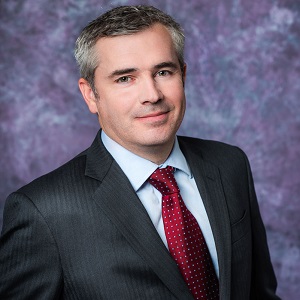
Andrew Newman PhD
Senior Director for Nuclear Fuel Cycle Activities
Key nuclear waste specialists from Japan, South Korea, China, Taiwan, and the United States participated in the May 29 –June 1, 2017 Developing Spent Fuel Strategies (DSFS) regional workshop in Tokyo, the fourth in this continuing series of workshops. The workshop was organized by the Nuclear Threat Initiative, under a grant from the MacArthur Foundation, in cooperation with the Nuclear Waste Management Organization of Japan. This was the first workshop to be co-hosted by an organization from a participating country, making an important statement about the potential and growing value of this initiative and setting a precedent for the future.
The intent of the DSFS initiative is to bring together Pacific Rim nations facing back end of the nuclear fuel cycle challenges to share relevant information, identify issues of common interest and work toward cooperation on those topics that can provide meaningful benefits to the participants’ waste management programs.
Participants provided detailed presentations on underground research laboratories, deep borehole studies, internationalization of spent fuel management R&D, approaches to siting waste management facilities that build public trust and continuity of knowledge/knowledge management. Each presentation was followed by enlightening group discussion. A visit to the Mizunami URL was also part of the agenda. For each topic, it was reconfirmed that they are critical subjects to continue discussing and next steps and potential research projects have been identified that could lead to future collaborative work. Beyond the particular topics covered in this workshop, a number of additional areas of mutual interest have also been identified for future workshops.
Very importantly, the relationship between safe operation of nuclear fuel cycles, comprehensive management (including ultimate disposal) of spent fuel/HLW and global security remains a high priority element of the discussion. It reinforces a major objective of the DSFS project; that it is in everyone’s best interests for each nation to have programs in place to safely and securely manage the front and back end of the fuel cycle. Failure to meet these obligations threatens the future of nuclear power and international security.
Click here for a full meeting summary.